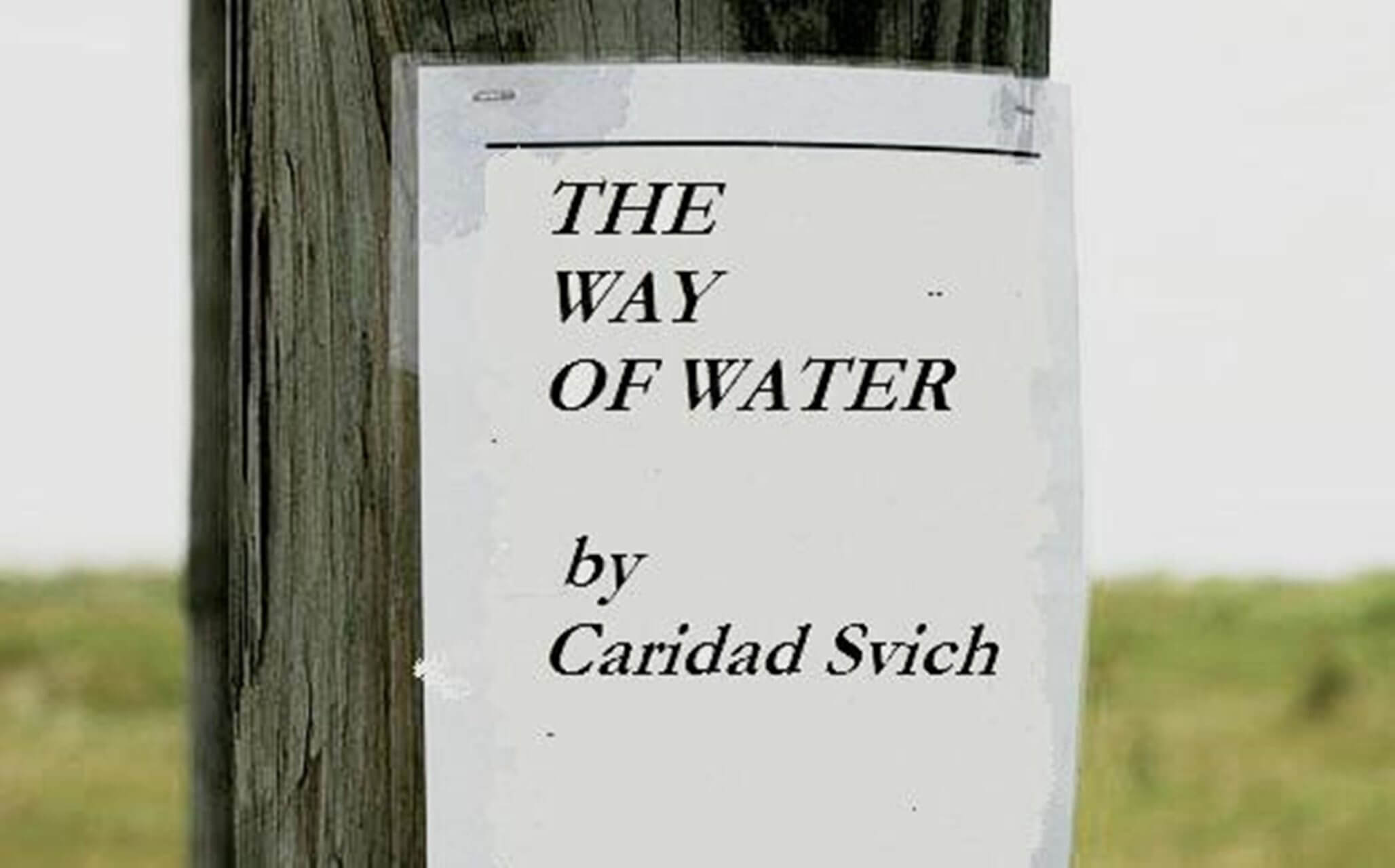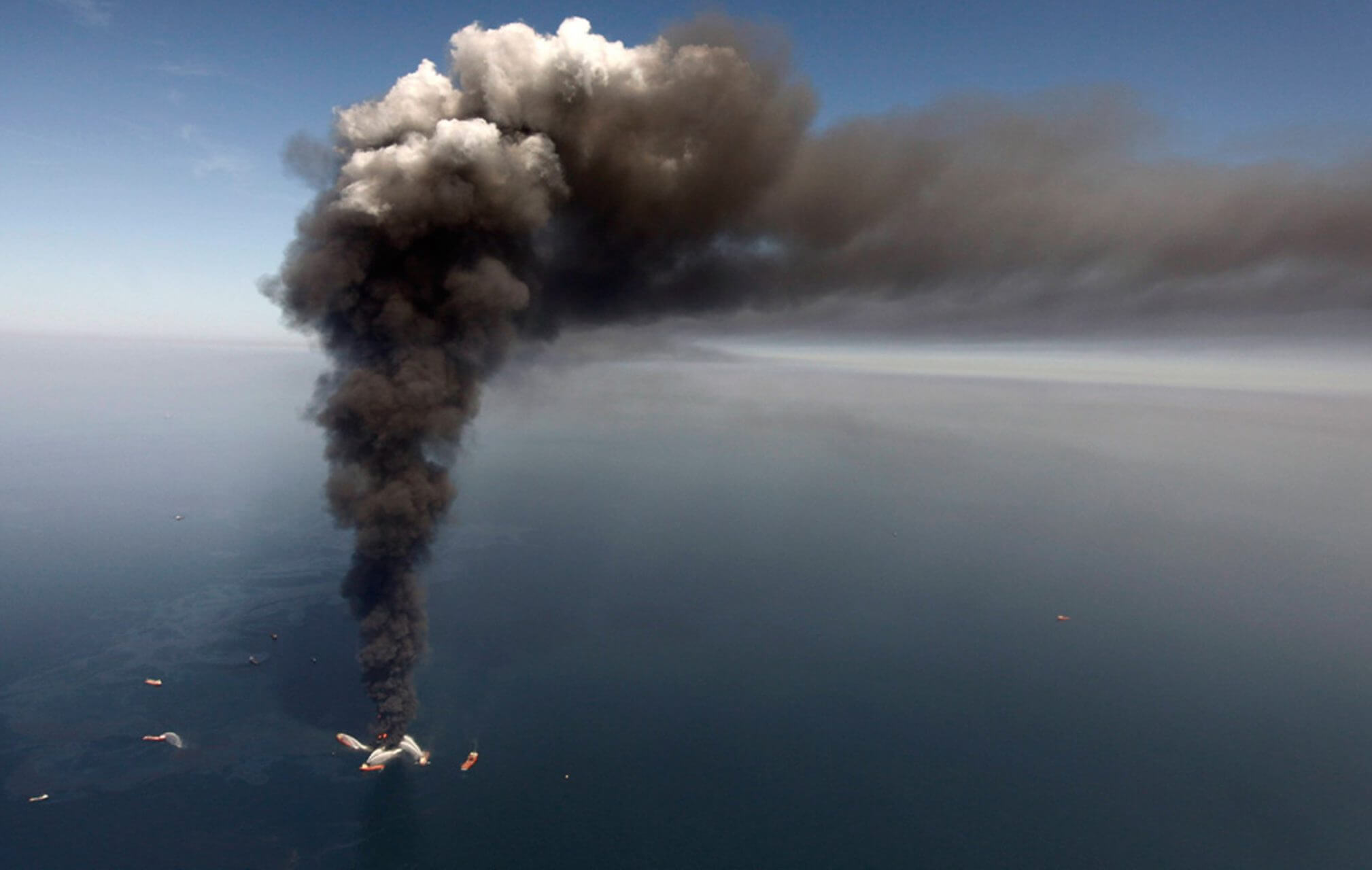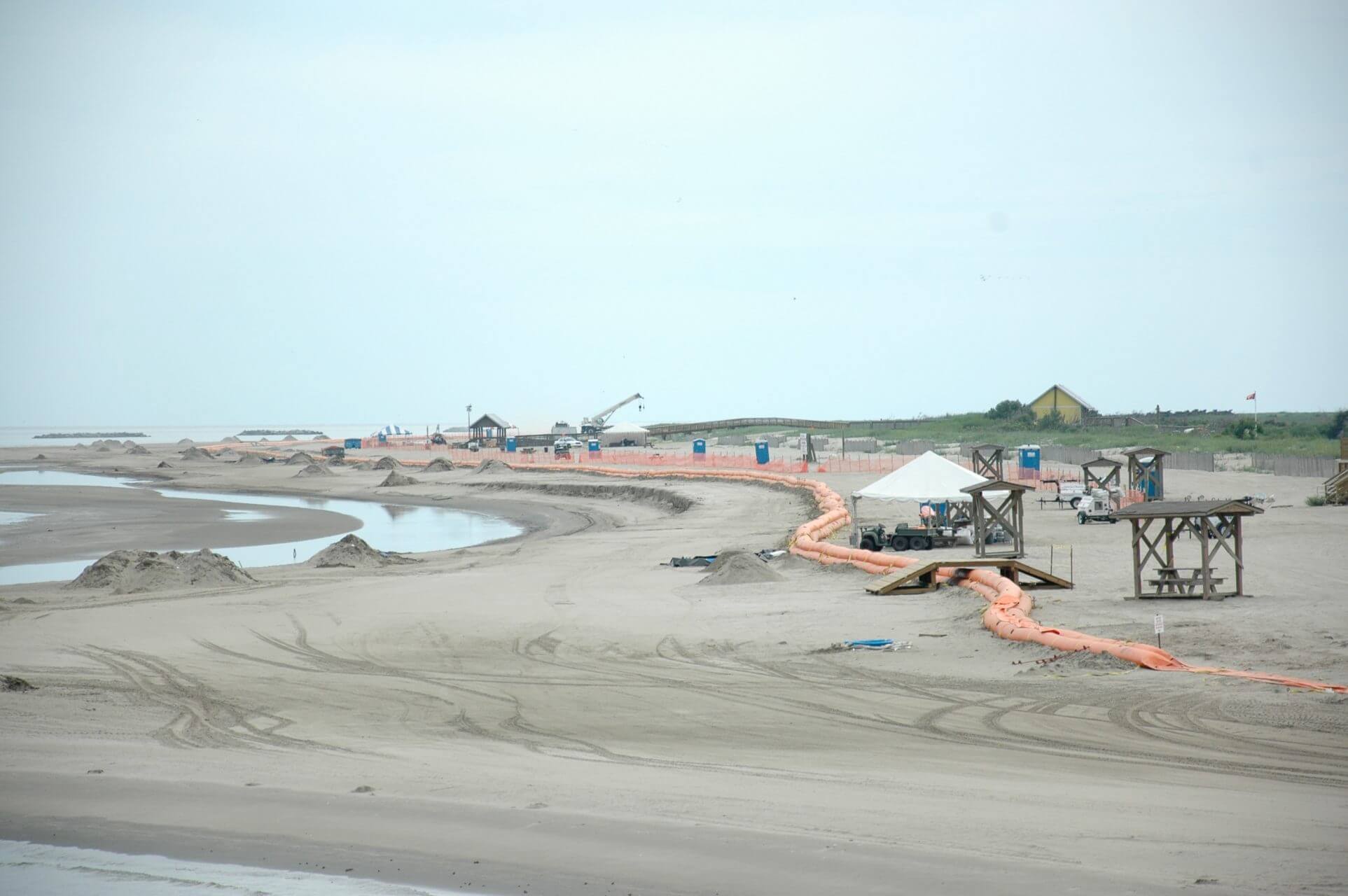We’re very pleased to host this guest blog by Caridad Svich, playwright of The Way of Water, which you can witness at a reading 3pm this Sunday 13th May for FREE at Rosemary Branch Theatre, London.
 Over the month of April, over 1000 audiences from Occupy Ashland in Oregon to the National Theatre Institute in Waterford, CT, from the University of Pretoria in South Africa and the University of Tasmania in Australia, from Main Street Theatre in Houston, Texas to Cia de Matilde in Sao Paolo, Brasil and Aberystwyth University in Wales, have witnessed, in college classrooms, acting conservatories, small theatres, outdoor and site-responsive interventions, live-streamed broadcasts, and filmed excerpts script-in-hand and/or staged readings of my play The Way of Water, which is set in the aftermath of the Deepwater Horizon BP oil spill disaster as part of an international NoPassport theatre alliance reading scheme dedicated to raising awareness for the ongoing health and environmental issues in the US Gulf region caused by the disaster two years later. As the scheme moves into its second month and into a reading in London at Rosemary Branch Theatre on 13 May, and the four characters in this play – two fishermen and their wives – continue to find new voices and bodies to inhabit them, the devastation to the eco-system in the US Gulf worsens, despite TV, online and print advertising campaigns by BP that stress how the recovery is well nigh complete. Two days ago, the Gulf was closed for shrimping, while tufts of (oil) tar surfaced on Pensacola Beach. Who gets to say when something’s over? What kinds of reparations are truly possible when human lives and our environment have been damaged irrevocably?
Over the month of April, over 1000 audiences from Occupy Ashland in Oregon to the National Theatre Institute in Waterford, CT, from the University of Pretoria in South Africa and the University of Tasmania in Australia, from Main Street Theatre in Houston, Texas to Cia de Matilde in Sao Paolo, Brasil and Aberystwyth University in Wales, have witnessed, in college classrooms, acting conservatories, small theatres, outdoor and site-responsive interventions, live-streamed broadcasts, and filmed excerpts script-in-hand and/or staged readings of my play The Way of Water, which is set in the aftermath of the Deepwater Horizon BP oil spill disaster as part of an international NoPassport theatre alliance reading scheme dedicated to raising awareness for the ongoing health and environmental issues in the US Gulf region caused by the disaster two years later. As the scheme moves into its second month and into a reading in London at Rosemary Branch Theatre on 13 May, and the four characters in this play – two fishermen and their wives – continue to find new voices and bodies to inhabit them, the devastation to the eco-system in the US Gulf worsens, despite TV, online and print advertising campaigns by BP that stress how the recovery is well nigh complete. Two days ago, the Gulf was closed for shrimping, while tufts of (oil) tar surfaced on Pensacola Beach. Who gets to say when something’s over? What kinds of reparations are truly possible when human lives and our environment have been damaged irrevocably?
The Way of Water is a play that deals with the lives of four people who have been directly affected by the Deepwater Horizon disaster. The livelihood of the two fishermen, emblematic of the lives of many, has been cut short by the fall-out of the spill. One of the fishermen suffers severely from the toxic legacy of the disaster, especially due to exposure to the Corexit dispersant which was used to clean up the spill – a dispersant that is banned in most countries except for the US. The women in their lives work menial jobs and do their best to keep their communities and families alive. Although the play focuses on these characters’ suffering – the fact that they have been made unwilling guinea pigs at the hands and mercy of this man-made disaster – the overall impetus for the play and these characters is to rise up, protest and stand up to corporate malfeasance, continual off-shore oil drilling, the plunder of our oceans, and the dark pool of complicit, co-dependent chains of multinational industry and profit that keep oil industries thriving often at the risk of human health and the health of our planet as a whole. The Way of Water is local in its setting – a small coastal town in Louisiana – but the story it tells is a global one.
The international scheme set in motion for readings of this play is a grassroots, independent artist-driven effort to raise awareness and take action. Often in our theatre communities, the lives of plays are indebted to seemingly strict systems that detail how a play should be plat formed in the entertainment industry. Unlike the indie scene in music, theatre has tended, by and large, at least in the transatlantic paradigm of theatre-making, to favour a hierarchical structure that depends as much on codified systems of national and private funding as it does on institutionally-driven arts planning. Two years after the disaster, NoPassport theatre alliance felt it was urgent to not wait, but to put this play, even in simple script-in-hand fashion, and the lives of these characters – the human story at stake – directly into the hands of venues of varying sizes, constituencies, and levels of art-making (amateur, community, professional) in order to engage in dialogue with not only the transformational power of art but also the complex, life-or-death issues that affect us all if we believe that sustainability is more than just a buzz word in a headline, but rather a daily practice. When in due course a professional premiere occurs, it will benefit, no doubt, from the many hands and voices that have been part of its life already.
The Deepwater Horizon disaster in 2010, the largest environmental disaster in history, is, by its very nature, an immense story. Layers and layers of complicated streams of decision-making, and judgments in areas of management, labour, finance, policy, law, and hands-on, in-the-water clean-up are part of it. The Exxon Valdez disaster told one story. The BP oil spill disaster tells another yet similar one. Why were workers during the clean-up told not to wear protective masks or else their pay would be cut? Why was Corexit sprayed and/or dumped into the water many more weeks –even a year later- after the clean-up effort? At the end of the day, the approach to grappling with this story and its enormity poses inherent challenges to a theatre artist.
Photo credit: Abigail Feinberg and Quentin Farr
Nevertheless, my choice as a dramatist has been, to tell at least one side of the story – the side of the story that often does not get heard – the story of the people indebted to the water, living off of the water, and who have done so for hundreds of years – who are now left in the wake of the disaster without necessary reparations, mired – many of them – in lawsuits against BP that may or may not ever see the true light of day, and somehow trying to survive in an economic climate that is essentially precarious and compounded by other systems – lack of affordable health insurance, for one – that make the lives of the poor in the US the “dirty” story no one really wants to tell.
The Way of Water is not a story of victimisation, but one of hope and resilience. It demands that lives be heard, stories be witnessed, and action, moreover, be taken. It ends on a note of defiance, and it urges its audience to engage in dialogue, conversation and interventions against the continual plunder of our planet and against a culture of “disposability” that encourages how our environment and our fellow citizens are trashed by others.
Caridad Svich is a US-based playwright and activist. For more information about The Way of Water, please visit https://www.nopassport.org/wayofwater

